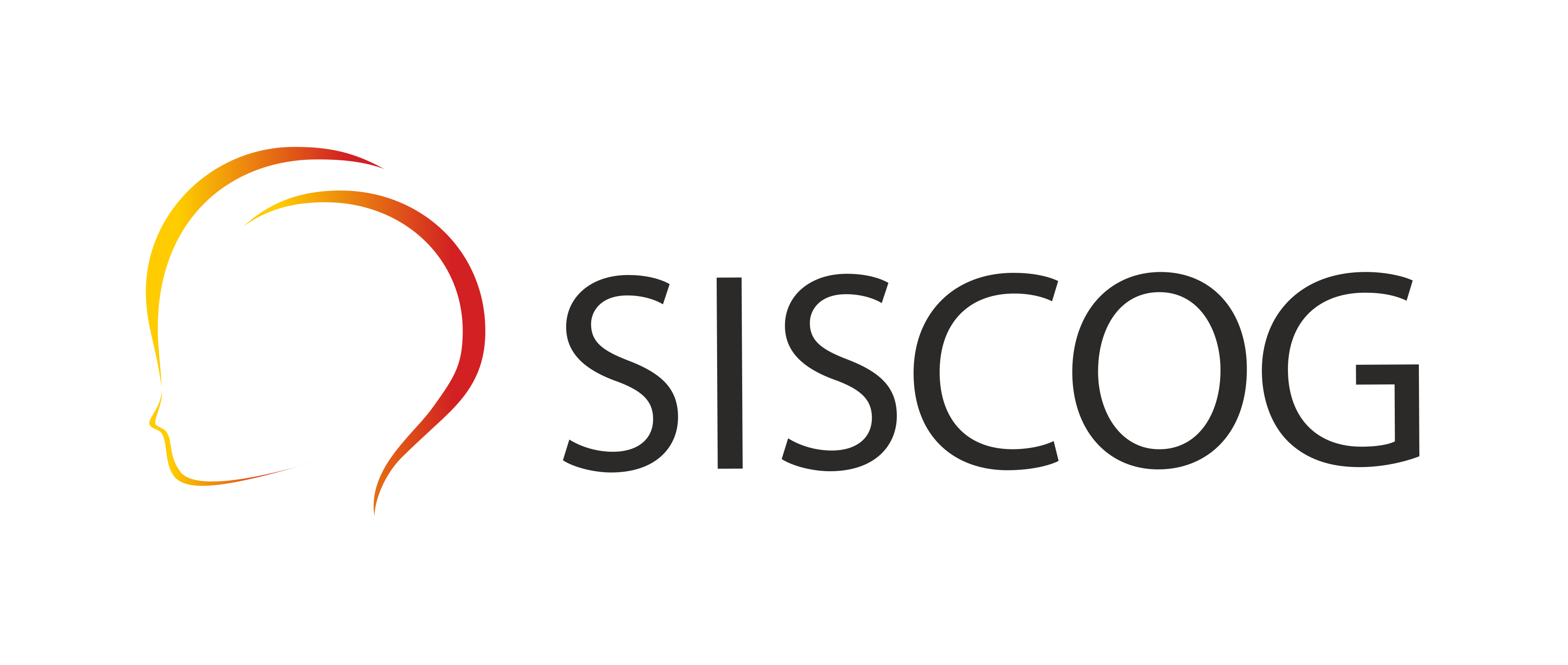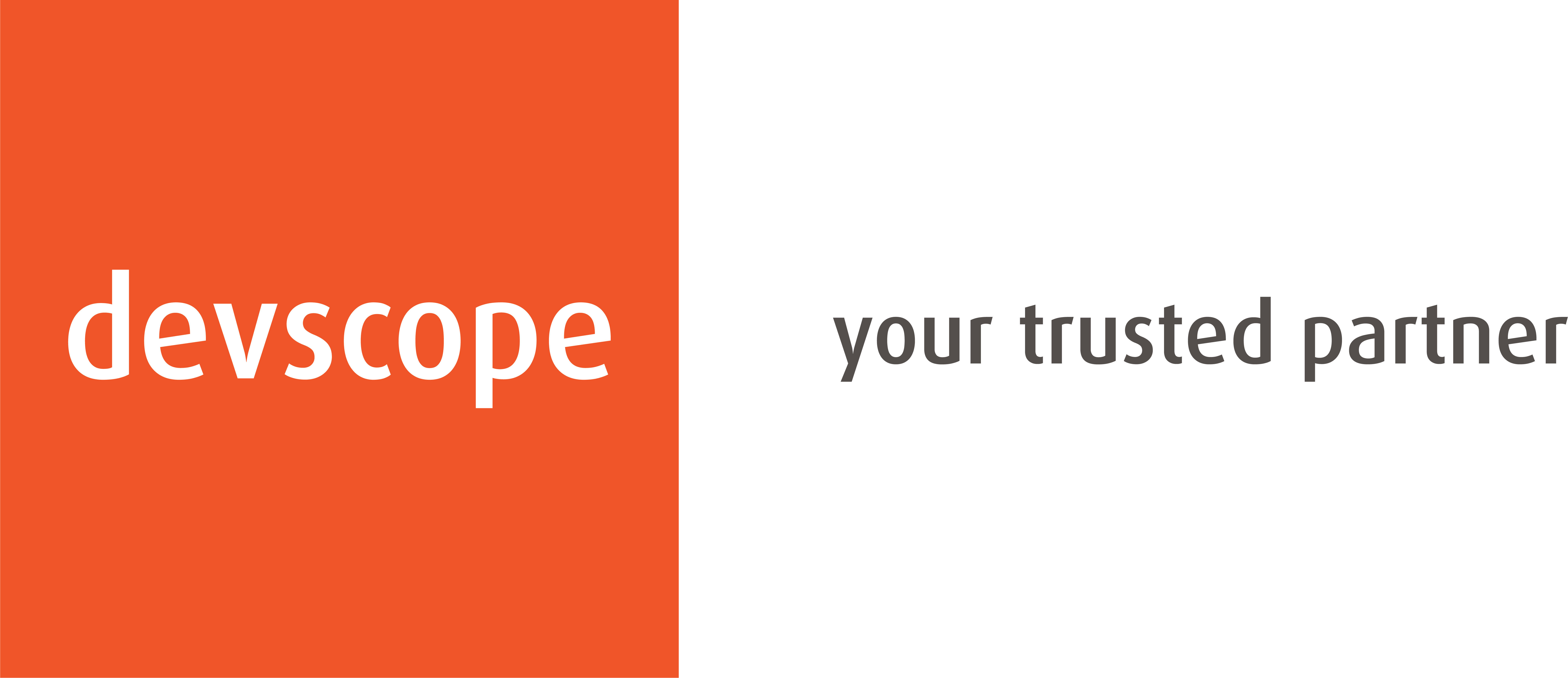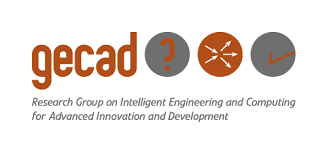Knowledge Representation and Reasoning (KRR)
Knowledge Representation and Reasoning (KRR) is a well-established research area of Artificial Intelligence. In KRR, a fundamental assumption is that an agent’s knowledge is explicitly represented in a declarative form, suitable for processing by dedicated reasoning engines. The scope of this track includes contributions to the formal foundations of KRR or that show the applicability of results to implemented or implementable systems. We also welcome papers from other areas that show the use of, or contributions to, the principles or practice of KRR.
Topics of Interest
Knowledge Representation and Reasoning (KRR) is an exciting, well-established field of research. In KRR a fundamental assumption is that an agent’s knowledge is explicitly represented in a declarative form, suitable for processing by dedicated reasoning engines. This assumption, that much of what an agent deals with is knowledge-based, is common in many modern intelligent systems. Consequently, KRR has contributed to the theory and practice of various areas in AI, such as automated planning and natural language understanding, among others, as well as to fields beyond AI, including databases, software engineering, the Semantic Web, computational biology, and the development of software agents. We welcome papers that contribute to the formal foundations of KRR or that show the applicability of results to implemented or implementable systems. We also welcome papers from other areas that show the use of, or contributions to, the principles or practice of KRR. Topics of interest include, but are not limited to:
- Action, change, causality and causal reasoning
- Argumentation
- Belief revision and update, belief merging, etc.
- Commonsense reasoning
- Constraint programming and KRR
- Contextual reasoning
- Description logics
- Diagnosis, abduction, explanation finding
- Inconsistency- and exception tolerant reasoning, paraconsistent logics
- KR and autonomous agents: intelligent agents, cognitive robotics, multi-agent systems
- KR and decision making, game theory, social choice
- KR and machine learning, inductive logic programming, knowledge discovery and acquisition
- KR and stream reasoning
- KR and the Web, Semantic Web
- Logic programming, answer set programming, constraint logic programming
- Non-monotonic logics, default logics, conditional logics
- Ontology formalisms and models
- Preferences: modeling and representation, preference-based reasoning
- Reasoners and solvers: SAT solvers, theorem provers, QBF solvers, and others
- Reasoning about knowledge and belief, dynamic epistemic logic, epistemic and doxastic logics
- Spatial reasoning and temporal reasoning, qualitative reasoning
- Uncertainty in KRR, representations of vagueness, many-valued and fuzzy logics
Paper Submission Instructions
All accepted papers will be published by Springer in a volume of Springer’s Lecture Notes in Artificial Intelligence (LNAI) corresponding to the proceedings of the 19th EPIA Conference on Artificial Intelligence, EPIA 2019.
Submissions must be original and not published elsewhere. Papers should not exceed twelve (12) pages in length and must adhere to the formatting instructions of the conference. Each submission will be peer reviewed by at least three members of the Program Committee. The reviewing process is double blind, so authors should remove names and affiliations from the submitted papers, and must take reasonable care to assure anonymity during the review process. References to own work may be included in the paper, as long as referred to in the third person. Acceptance will be based on the paper’s significance, technical quality, clarity, relevance and originality. All accepted papers must be presented orally the conference by one of the authors and at least one author of each accepted paper must register for the conference.
This track also accepts short papers submissions (maximum of 6 pages) for position papers and work in progress. The registration fee is the same for regular and short papers. In case of acceptance authors will have the same time for paper presentation.
All papers should be submitted in PDF format through the EPIA 2019 EasyChair submission page. Prospective authors should select the thematic track to which their paper is to be submitted.
Important Dates
Paper submission deadline (Extended) : April 15, 2019 April 30, 2019
Notification of paper acceptance: May 31, 2019, June 7, 2019
Camera ready papers deadline: June 15, 2019, June 21, 2019
Conference dates: September 3-6, 2019
Organizing Committee
Eduardo Fermé, University of Madeira, Portugal
Ricardo Gonçalves, Universidade NOVA de Lisboa, Portugal
Matthias Knorr, Universidade NOVA de Lisboa, Portugal
Rafael Peñaloza, University of Milano-Bicocca, Italy
Jörg Pührer, TU Wien, Austria
Program Committee
Adila A. Krisnadhi, Universitas Indonesia, Indonesia
Alejandro Garcia, Universidad Nacional del Sur, Argentina
Amelia Harrison, University of Texas, Austin, USA
Bart Bogaerts, Vrije Universiteit Brussel, Belgium
Carlos Areces, Universidad Nacional de Córdoba, Argentina
Carmine Dodaro, University of Genova, Italy
Cristina Feier, University of Bremen, Germany
David Rajaratnam, University of New South Wales, Australia
Emmanuele Dietz Saldanha, Technische Universität Dresden, Germany
Fabrizio Maggi, University of Tartu, Estonia
Francesca Alessandra Lisi, Universit degli Studi di Bari Aldo Moro, Italy
Gerhard Brewka, Leipzig University, Germany
Guohui Xiao, Free University of Bozen-Bolzano, Italy
Inês Lynce, University of Lisbon, Portugal
Ivan Varzinczak, Université d’Artois, France
João Leite, Universidade Nova de Lisboa, Portugal
João Marques-Silva, University of Lisbon, Portugal
José Júlio Alferes, Universidade Nova de Lisboa, Portugal
Jorge Fandinno, IRIT, Toulouse, France
Loizos Michael, Open University of Cyprus, Cyprus
Mantas Simkus, Vienna University of Technology, Austria
Maria Vanina Martinez, Universidad Nacional del Sur, Argentina
Marco Paulo Ferreirinha Garapa, University of Madeira, Portugal
Mario Alviano, University of Calabria, Italy
Matthias Thimm, Universität Koblenz-Landau, Germany
Marcelo Finger, University of São Paulo, Brazil
Maurício Duarte Luís Reis, University of Madeira, Portugal
Nicolas Troquard, Free University of Bozen-Bolzano, Italy
Orkunt Sabuncu, TED University Ankara, Turkey
Pedro Cabalar, Corunna University, Spain
Rafael Testa, University of Campinas, Brazil
Ramon Pino Perez, Yachay Tech University, Ecuador
Salvador Abreu, University of Évora, Portugal
Stefan Woltran, Vienna University of Technology, Austria


















